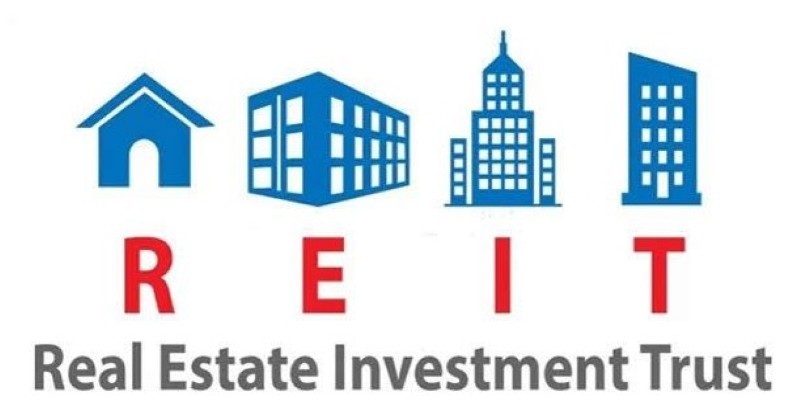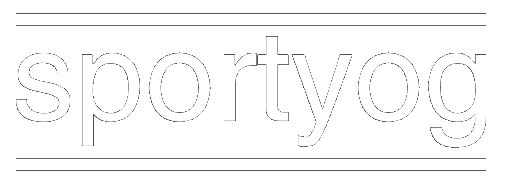5 Best Retirement Plans For Millennials
Retirement may seem distant for many millennials, but planning early can lead to significant advantages in the long run. This generation, born between 1981 and 1996, faces unique financial challenges, including rising student debt, housing costs, and an uncertain economic landscape. Despite these hurdles, the earlier millennials start saving for retirement, the better prepared they'll be to enjoy a comfortable and secure future. In this article, we'll break down the best retirement plans for millennials, focusing on the options that can provide flexibility and long-term growth.
Why Millennials Need To Plan For Retirement Early
For millennials, retirement may be a far-off concern. However, time is one of the greatest assets for saving. The earlier you begin investing, the more you benefit from compound interest, which can help your savings grow exponentially. Even modest contributions made early on can accumulate into substantial funds by the time you retire.
401(K) Plans: A Popular Option With Employer Contributions
A 401(k) plan is many millennials' first step toward retirement savings. These employer-sponsored retirement accounts allow workers to save a portion of their paycheck before taxes, which can help lower their annual taxable income. The primary benefit of a 401(k) is the potential for employer-matching contributions. Many employers will match your contributions to a certain percentage, giving you free money to help grow your retirement savings.

Taking full advantage of your employer's 401(k) plan is wise, especially if they match contributions. Even if you can only afford a small amount initially, contributing regularly to your 401(k) can help build a solid foundation for your retirement. One crucial consideration is reviewing the plan's investment options, which can vary widely. Opting for low-fee index funds or target-date funds, which automatically adjust the investment strategy based on age, can ensure that your savings grow over time.
Individual Retirement Accounts (IRAs): Greater Control And Flexibility
While 401(k) plans are popular, an Individual Retirement Account (IRA) gives millennials more flexibility and control over their investment choices. There are two types of IRAs: Traditional IRAs and Roth IRAs. Each has its benefits, so it's essential to understand the differences.
Traditional IRA

With a Traditional IRA, contributions are made on a pre-tax basis, meaning that the money you contribute is deducted from your taxable income. This lowers your tax bill in the year you contribute, but you'll be taxed on your retirement withdrawal. One key advantage of a Traditional IRA is that you can contribute until 72 (for those who earn income), and your investments can grow tax-deferred.
Roth IRA
A Roth IRA, on the other hand, is funded with after-tax dollars, meaning you won't get an immediate tax break for your contributions. However, the significant advantage is that qualified withdrawals in retirement are tax-free. Additionally, Roth IRAs have more flexible withdrawal rules—contributions (but not earnings) can be withdrawn anytime without penalties or taxes, making it an excellent option for those who want flexibility in their retirement planning.
Both IRAs come with annual contribution limits, which in 2024 are $6,500 for individuals under 50 and $7,500 for those 50 and older. Choosing between a Traditional and a Roth IRA depends on factors like your current tax rate and your projected tax rate in retirement. Many financial advisors recommend a Roth IRA for millennials because of the potential tax-free growth, especially for those in a lower tax bracket now than they may be in the future.
Health Savings Accounts (HSAs): Saving For Healthcare And Retirement
A lesser-known option for millennials is the Health Savings Account (HSA). Although primarily designed to save on medical expenses, an HSA can also be an effective long-term retirement tool. The key benefit of an HSA is its triple tax advantage: contributions are tax-deductible, the money grows tax-free, and withdrawals for qualified medical expenses are tax-free.

While HSAs have restrictions—such as requiring a high-deductible health plan (HDHP)—they can be a powerful supplement to other retirement accounts. Once you reach age 65, you can withdraw funds from an HSA for any reason without facing penalties, though you will pay income tax on non-medical withdrawals (similar to a Traditional IRA). This makes the HSA a versatile and tax-efficient healthcare and retirement savings vehicle.
Brokerage Accounts: Flexibility For Non-Retirement Goals
While retirement-specific accounts like 401(k)s and IRAs should form the foundation of your retirement savings, having additional investments in a taxable brokerage account can offer greater flexibility. Unlike retirement accounts, brokerage accounts have no contribution limits or withdrawal penalties. This can be particularly helpful for millennials looking to invest in individual stocks, bonds, mutual funds, or exchange-traded funds (ETFs) outside retirement accounts.

The downside is that you'll pay capital gains taxes on any profits you make when you sell investments in a brokerage account. However, this added flexibility can be valuable if you want to save for retirement and other life goals, such as buying a home or funding your children's education. Furthermore, you can see significant returns over time by taking a long-term approach and investing in diversified portfolios.
Real Estate: Building Wealth Through Property
Investing in real estate can be an excellent long-term strategy for millennials looking to build wealth and prepare for retirement. While buying a home is the most common form of real estate investment, millennials can consider other options, such as rental properties or Real Estate Investment Trusts (REITs).

Purchasing rental properties allows you to generate passive income while building equity over time. However, real estate requires significant upfront capital and can involve property management responsibilities. REITs are attractive for those who want to invest in real estate without hands-on involvement. These companies own or finance income-producing real estate, and you can invest in them like stocks. REITs expose the real estate market without requiring a significant initial investment or management of physical properties.
Conclusion
Millennials have access to various retirement planning options that can help them build a secure financial future. The key is to start early and choose the retirement plans that best align with your financial goals, lifestyle, and risk tolerance. Whether taking advantage of a 401(k) with employer matching, investing in IRAs for tax advantages, or using HSAs to save for healthcare and retirement, plenty of tools are available to help you succeed.

